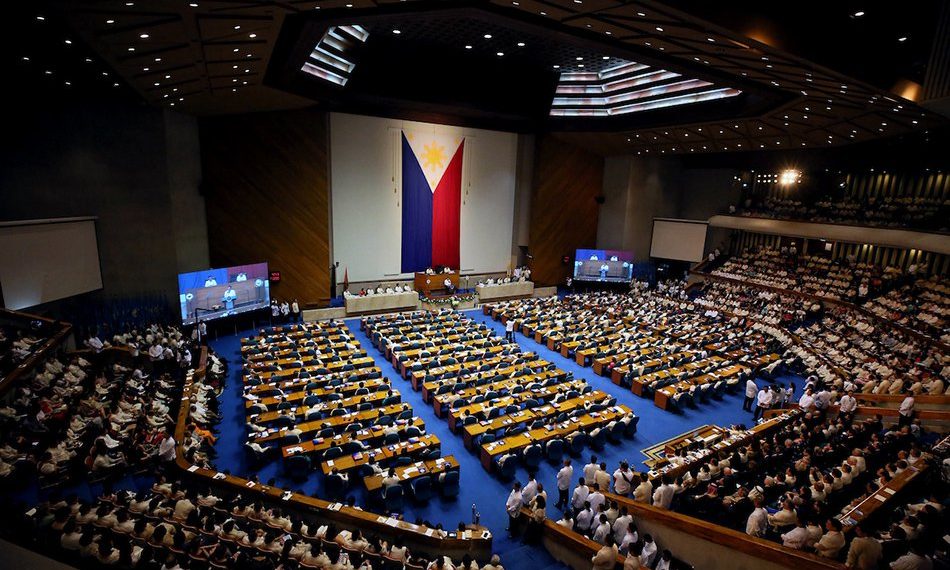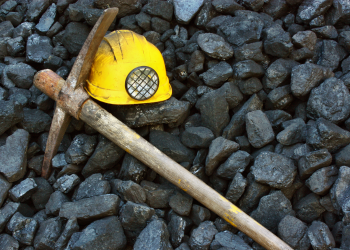House panel OKs substitute bill on mining, slashes royalty tax rate
The House Committee on Ways and Means approved this week a bill on mining tax reform which seeks to slash to three percent the royalty fees of large-scale miners operating within declared mineral reservations.
The house panel approved on Monday the still unnumbered bill substitute to House Bills 422 and 7994. Under the proposed measure, royalty fees for firms operating within declared mineral reservation areas would be lowered to three percent from five percent.
It can be noted the Department of Finance (DOF) proposed for a five percent royalty tax rate on large-scale mining contractors operating within mineral reservations. The substitute measure is seen to soften the DOF proposal which drew out grave concerns from the mining industry.
The Chamber of Mines of the Philippines said last month imposing five-percent royalty tax would “kill the mining industry.”
However, the substitute measure seeks to impose margin-based royalty on income from the operations of large-scale mining contractors outside of mineral reservations.
Under the bill, one percent royalty applies to mining operations with one percent to ten percent margin income; ten percent to 20 percent margin income will have a 1.5 percent royalty; two percent royalty will be imposed on mining operations with 20 to 30 percent margin income; 30 to 40 percent will have a 2.5 percent royalty; 40 percent to 50 percent, three percent royalty; 50 percent to 60 percent, 3.5-percent royalty; 50 to 70 percent, four-percent royalty; and five-percent royalty for operations with above 70 percent margin income.
Meanwhile, small-scale miners will pay royalty fees of 1/10 percent of their gross output, whether they operate within or outside mineral reservations.
Ways and Means committee Chairman Nueva Ecija Rep. Estrellita Suansing explained that the proposal aims to level the playing field.
“Considering that under the current taxation setup, only mining contractors inside the mineral reservations pay the royalty tax. [The bill] ensures that the government gets its fair and rightful share in the profits from mining operations,” Suansing said in a Philippine News Agency (PNA) report.
The bill also retains other taxes imposed on mining operations such as corporate tax, four-percent excise tax, and the payment of royalty to indigenous people, among others.
Lowered payments
Some groups questioned the proposed measure, saying the house panel fast-tracked the approval of the substitute bill.
Alyansang Tigil Mina (ATM) said the proposed measure would only increase mining revenue losses especially when the government pushes through with lowering corporate taxes under the second tax reform package bill.
“For the measly taxes and payments we get from mining, the government’s revenue from minerals will be reduced. But the environmental, health and social costs that the country bears is too much,” the anti-mining group said in a statement.
The group also noted it supports new taxes for mining operations, but that it must be based on gross revenues of large-scale mining firms and not only on their margins of income.
“In effect, this new substitute bill lowered the payments of large-scale mining operations in mineral reservations. It would have been more just if all large-scale mining operations were levied a ten percent royalty payment requirement, based on gross revenues,” ATM explained.
Non-government organization Bantay Kita echoes the same, arguing royalty rate based on income margin will not ensure payments for minerals. “If royalty is profit-based, the government will be collecting less over the mine life,” it said in a statement.
Instead, the group proposes for five-percent mineral royalty fees on mining operations, which it said, would give the government an additional of at least P2.5 billion in revenues. “This is also administratively more feasible in terms of transparency and ease of collection. Royalties are to guarantee payments to the government as resource owner,” Bantay Kita explained.
The group also noted the congress should also publicly disclosed profit information for the proper monitoring of tax payment.
“Will the costs of operations be disclosed publicly? Congress should ask for simulation of tax collection – the government might end up with even lower tax take before the increase in excise tax,” it added.












